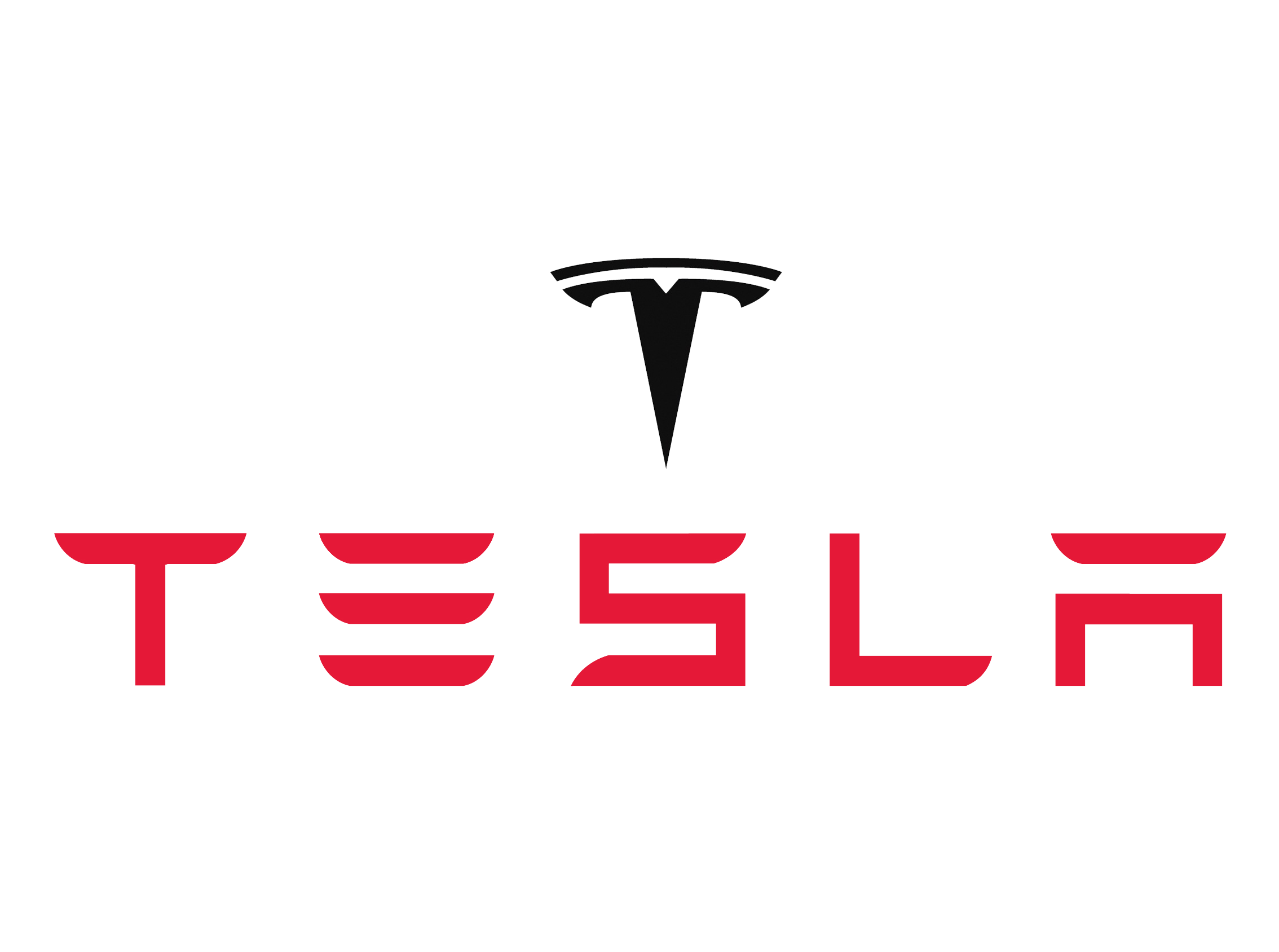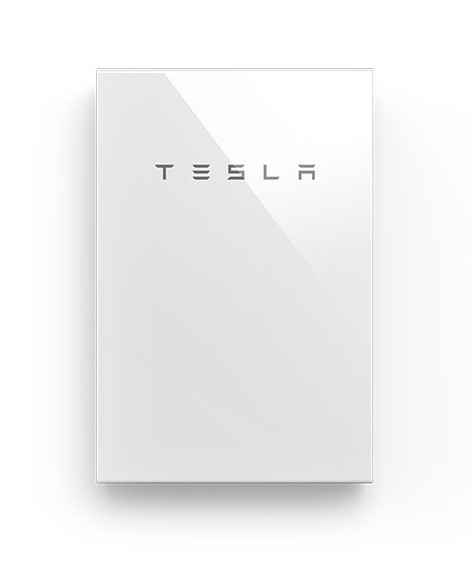AHE Group are EV Home Charger Installers
Making the switch to an electric vehicle is an exciting step toward a greener future. One of the biggest perks is charging your car right at home.
That’s where AHE Group comes in. As specialists in EV home charger installation, AHE Group, led by licensed electricians, ensures that your charger is set up for maximum safety and efficiency.
This guide will help you understand the benefits of home charging, the installation process, and factors to consider when making this upgrade.

Why Choose Home EV Charger Installation?
Charging your electric car at home offers numerous benefits compared to relying solely on public charging stations.
Let’s explore compelling reasons why EV home charger installation makes sense.
Faster Charging
Home chargers deliver faster charging speeds than standard power outlets. They use higher voltage and current to replenish your car's battery more efficiently, reducing charging times.
This means you'll spend less time tethered to the charger and more time enjoying your electric vehicle.
Convenience and Cost Savings
Imagine plugging in your car when you arrive home, just like you do with your phone.
With a home charger installed by AHE Group, there's no need to search for available charging stations or wait in lines.
You'll have the convenience of charging your EV on your own time. Additionally, home electricity costs less than public charging points, leading to long-run savings.
Control and Customization
Installing a home EV charger gives you complete control over your charging schedule.
Some chargers allow you to customize charging times based on electricity tariffs. This means you can take advantage of off-peak rates, further reducing expenses.
Smart home chargers may offer features like solar integration, letting you charge your EV using solar panels for even greater energy efficiency.

Understanding the EV Home Charger Installation Process
AHE Group Solar makes EV home charger installation a straightforward process. Here are the key steps:
Assessment and Quote
Our licensed electrician will assess your home’s electrical capacity and the suitability of your desired charger location.
Factors like distance from the electrical panel, cable routing, and existing infrastructure are considered.
Once the assessment is complete, we provide a detailed quote outlining the cost and scope of the installation work.
Installation
Once you approve the quote, a team of electricians will install your EV charger. They'll ensure a safe and efficient setup that meets electrical standards and regulations.
This includes running dedicated cabling from the electrical panel to the charger location, mounting the unit securely, and installing an isolation switch for safety.
Testing and Commissioning
After completing the physical installation, the electricians conduct thorough testing to verify the EV charger is functioning properly.

Maximizing Your Home EV Charging Experience
To optimize your setup and integrate your EV into your routine, explore these valuable tips.
Off-Peak Charging
Set your EV home charger to start charging during off-peak hours.
AHE Group can help you set up your system to take advantage of lower electricity prices at night, helping you save money and maximize energy efficiency.
Smart Charging and Automation
Consider smart home charger installations for a smoother charging experience. These often come equipped with mobile app connectivity.
Smart chargers provide remote monitoring and control, allowing you to schedule charging sessions and track energy usage from your smartphone.
Advanced models can integrate with home energy management systems, coordinating charging with solar generation for optimized cost and energy efficiency.
Essential Considerations for a Seamless EV Home Charger Installation
When working with AHE Group, there are several factors to keep in mind to ensure a seamless installation experience:
Type of EV Charger
AHE Group can help you choose the right electric vehicle charger for your needs. For example, a 7kW single-phase charger, delivering a full charge overnight, is sufficient for most households.
But, if you need faster charging times, a 22kW three-phase charger is a better option.
Just be aware that installing a three-phase EV charger in your home will likely require a qualified electrician to upgrade your power supply. We can assist with this.
Location of Charger
Carefully select a convenient location, typically near your garage or parking spot, ensuring easy access to your EV's charging cable.
Adequate space around the EV charger is essential for ventilation.
Electrical Infrastructure
Ensure that your home’s electrical system can handle the load of an EV charger installation.
AHE Group will assess whether your electrical panel or wiring needs an upgrade, particularly for older homes or installations requiring a three-phase power supply.

Frequently Asked Questions on Installation
An EV home charger is a device that lets you charge your electric vehicle (EV) right from the comfort of your home.
It’s faster and more convenient than using a regular power point.
Having your own home charger makes life a lot easier.
You can charge your EV overnight and wake up to a fully charged car, plus it's usually cheaper than relying on public charging stations.
You can, but it’s super slow.
A dedicated home charger can charge your car up to 10 times faster, depending on your vehicle and your electrical setup at home.
A licensed electrician will assess your current electrical system, install the charger, and make sure everything is safe and compliant.
It usually takes about a day, but it could take longer if your setup is more complicated.
Installation costs typically range from $1,000 to $2,000, but it depends on things like your home’s electrical system and how far the charger is from your power supply.
If you need extra work, like rewiring or a power upgrade, it could be more.
Costs can increase if you need to upgrade your power (like switching to three-phase power), if your charger is far from your electrical panel, or if you need to dig trenches for cables.
Some installations also require permits.
Choosing the Right EV Charger
It depends on your EV’s battery size, your driving habits, and your home’s electrical capacity.
There are lots of options out there, so it’s best to speak with an expert to find the charger that fits your needs.
There are two main types:
Level 1 (which uses a standard outlet) and Level 2 (dedicated home charging stations).
Level 2 chargers are much faster and often have smart features like scheduled charging.
Smart chargers offer features like scheduling your charging during off-peak hours or monitoring your energy usage.
While not essential, they can help you save money and manage your charging more efficiently.
It depends on your charger and electrical setup.
A Level 2 charger can usually charge most EVs in 4 to 8 hours, while a regular outlet could take more than a full day.
Battery Backup and Solar Integration
Absolutely!
Many home EV chargers can be connected to your solar system, which means you can charge your car using clean energy and reduce your power costs even more.
It’s not necessary, but a battery backup can be really helpful.
It lets you store extra energy from your solar panels or from the grid and use it later, especially if there’s a power outage.
Installation & Maintenance Requirements
It depends.
Your electrician will check your system and let you know if you need any upgrades, like moving from single-phase to three-phase power, to handle the charger’s load.
Yes, but you’ll likely need approval from your body corporate.
Government grants are available to help install chargers in multi-residential buildings, so it’s worth checking those out too.
The ideal spot is somewhere easily accessible and close to where you park, like inside your garage or by your driveway.
If you’re installing it outside, make sure it’s a charger designed for outdoor use.
Yes, as long as it’s installed by a licensed electrician.
EV chargers are built with safety features like automatic shut-off and surge protection to prevent any issues.
Home chargers are pretty low maintenance.
Just keep an eye out for any damage, keep the charger and cables clean, and make sure everything stays in good condition.
Your charger’s user manual will have specific maintenance tips.
No, it’s important to have a professional do the installation.
This ensures everything is done safely and properly, and it also protects your warranties and any available rebates.






